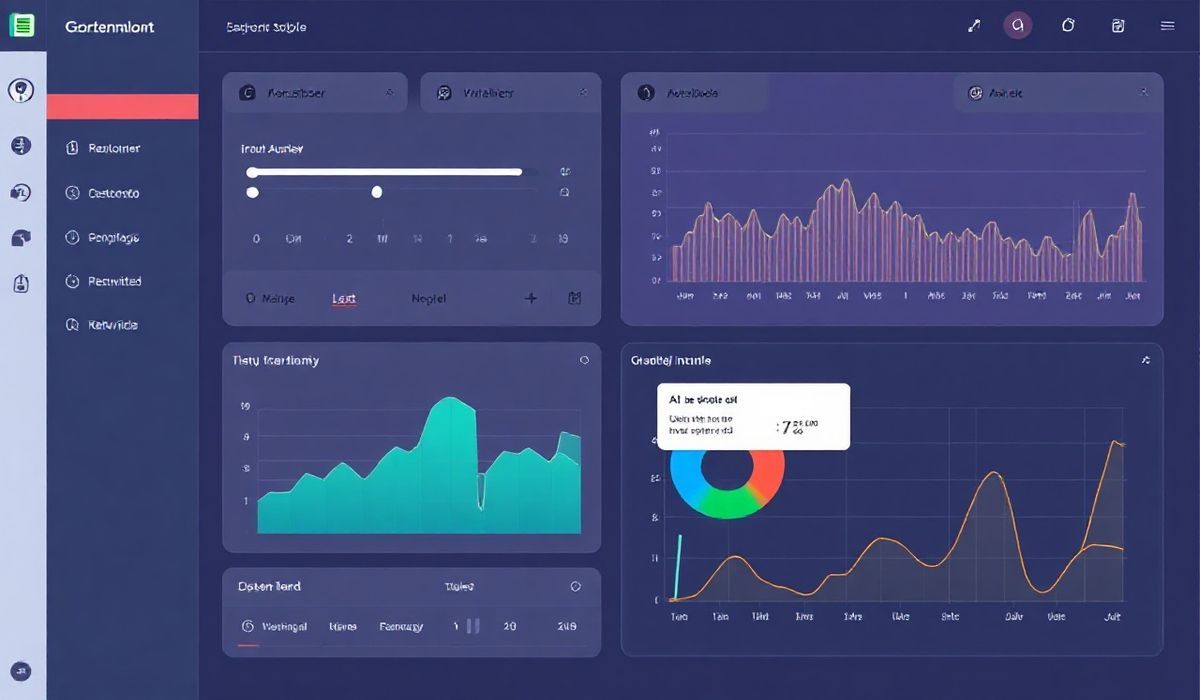Introduction to Karma Mocha
Karma is a test runner that fits all sizes, working with various frameworks and libraries, and ensuring that your tests run consistently across multiple devices and browsers. Mocha, on the other hand, is a feature-rich JavaScript test framework running on Node.js, making asynchronous testing simple and fun. Integrating Karma with Mocha provides you with a robust platform to run and structure your tests effectively.
Setting Up Karma and Mocha
Before diving into the APIs, let’s quickly set up your development environment for Karma and Mocha.
npm install karma karma-mocha karma-chrome-launcher mocha
Useful Karma Mocha APIs
Below we explore some of the most useful Karma Mocha APIs with code snippets to guide you through practical implementations.
describe
Used to group related test cases together. It’s a good practice to name the suite according to the function it is testing or the component being tested. This makes the test output more readable.
describe('Array', function() {
// Test cases here
});
it
This is a test case. You should write a meaningful description of the functionality that the test case is testing.
it('should return -1 when the value is not present', function() {
assert.equal([1,2,3].indexOf(4), -1);
});
beforeEach
Runs a function before each test case within this suite. It’s commonly used to set up any preconditions your tests might depend on.
beforeEach(function() {
// Initialization code
});
afterEach
Runs a function after each test case within this suite. It’s commonly used to clean up any states or conditions that could affect other tests.
afterEach(function() {
// Cleanup code
});
before
Runs once before all tests in the suite. It’s generally used to perform tasks that you want to happen once before all tests, like connecting to a database.
before(function() {
// Run once before all tests
});
after
Runs once after all tests in the suite. It’s generally used to perform tasks that you want to happen once after all tests, like closing database connections.
after(function() {
// Run once after all tests
});
Example App with Karma and Mocha
Now that we understand some key APIs, let’s apply them in a basic app example. We’ll write tests for a simple calculator application.
calculator.js
The module to be tested:
module.exports = {
add: function(a, b) {
return a + b;
},
subtract: function(a, b) {
return a - b;
},
multiply: function(a, b) {
return a * b;
},
divide: function(a, b) {
if (b === 0) {
throw new Error('Division by zero');
}
return a / b;
}
};
calculator.test.js
Writing tests for the calculator module:
const assert = require('assert');
const calculator = require('./calculator');
describe('Calculator Tests', function() {
describe('Addition', function() {
it('should return 5 when adding 2 and 3', function() {
assert.equal(calculator.add(2, 3), 5);
});
});
describe('Subtraction', function() {
it('should return 1 when subtracting 3 from 4', function() {
assert.equal(calculator.subtract(4, 3), 1);
});
});
describe('Multiplication', function() {
it('should return 6 when multiplying 2 and 3', function() {
assert.equal(calculator.multiply(2, 3), 6);
});
});
describe('Division', function() {
it('should return 2 when dividing 4 by 2', function() {
assert.equal(calculator.divide(4, 2), 2);
});
it('should throw error when dividing by 0', function() {
assert.throws(() => calculator.divide(4, 0), Error, 'Division by zero');
});
});
});
These test cases illustrate how to use Karma and Mocha to test various functionalities of a simple calculator application. Ensure you run your tests through Karma to verify that they’re executed across different browsers seamlessly.
Hash: 050e7b968f87c747e5829b9d1eea4e4fe4e41e80281d525eb0cc9d30f63cb6cd



